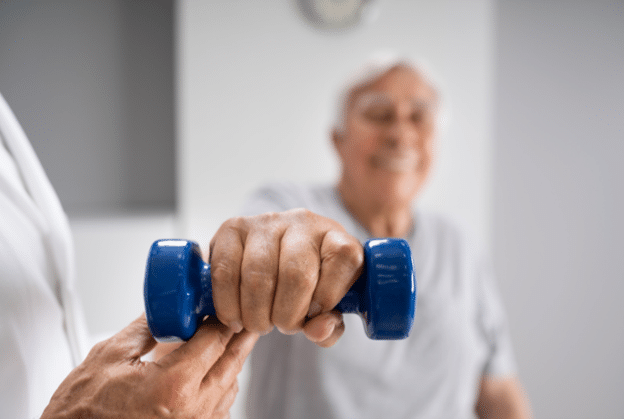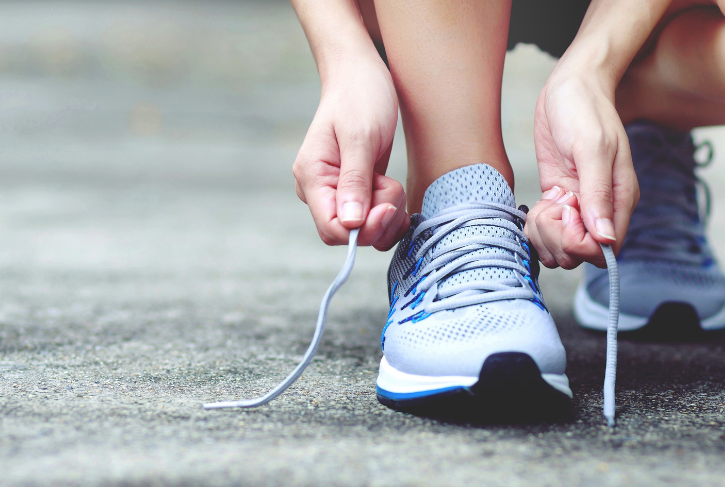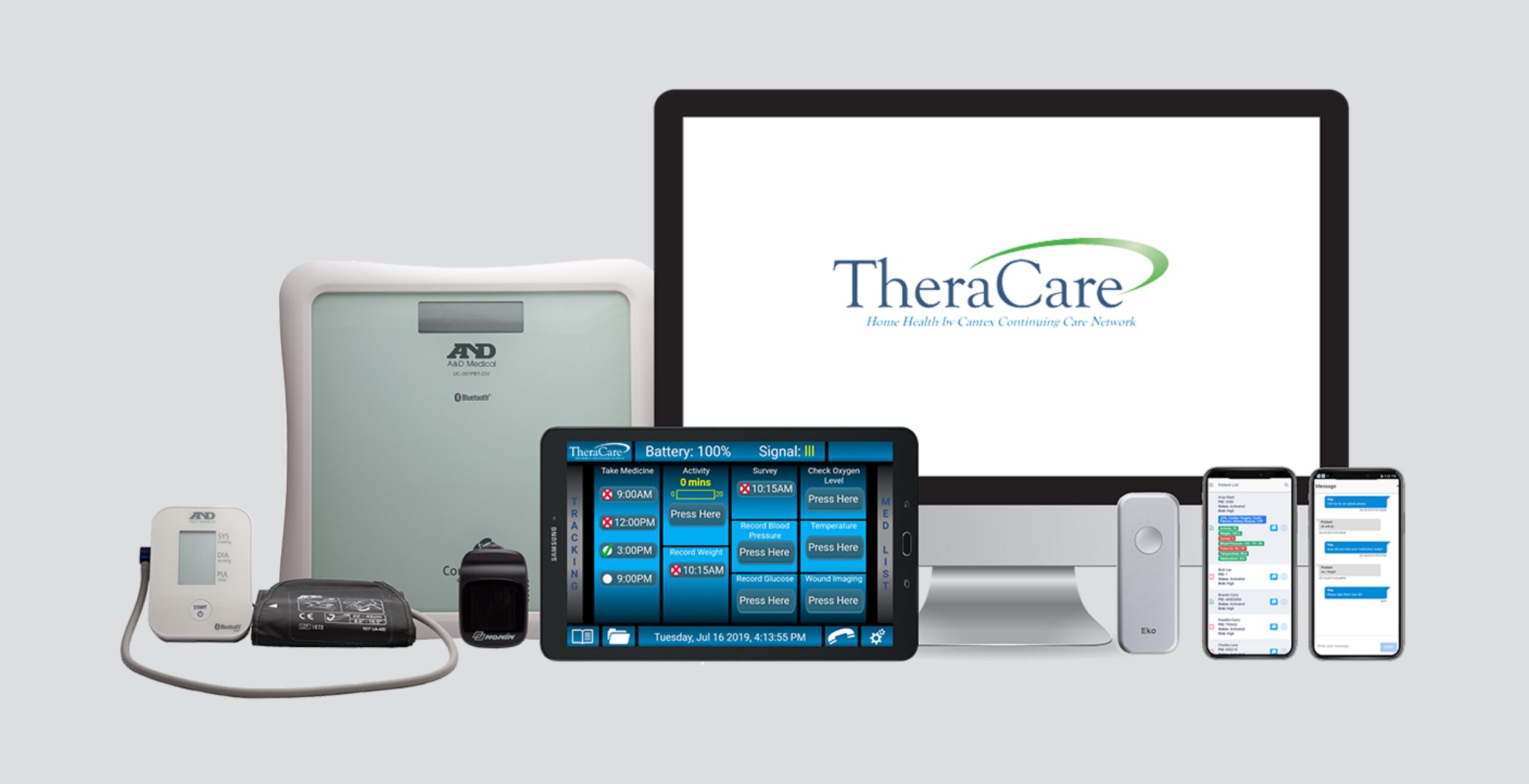- About Cantex
- Skilled Nursing Facilities
Find a skilled nursing facility by name
- Links
- Buttons
- Rehabilitation
Find outpatient rehabilitation
- Links
- Buttons
- Home Health
- Hospice
- Memory Care
Find Memory Care Community
- Links
- Buttons
Ancillary Services 
Don’t Sweat It: 5 Summer Safety Tips for Seniors
How Cantex supports patients at every stage of care.
July 14, 2025

Although summer is a season many look forward to, it brings its own set of risks—especially for Seniors. According to the National Library of Medicine, people aged 65 and older are more vulnerable to heat-related illnesses due to changes in the body’s ability to regulate temperature. As the temperatures rise, it is important to stay prepared and take steps to reduce risks caused by extreme heat.
Whether you're a senior yourself or care for someone who is, having a plan in place is essential. Heat waves and high humidity can be dangerous, especially for those with chronic conditions. The Centers for Disease Control and Prevention (CDC) reports that more than 85% of adults 65 and older in the U.S. live with at least one chronic illness, which can raise the risk of heat-related complications. Additionally, power outages caused by summer storms or high energy demand can limit access to cooling resources and healthcare.
To stay prepared, take time to assess your needs, build a seasonal safety plan, and lean on your support network. Below are important tips to help you stay safe and healthy during the warmer months.
Preventing Heat-Related Illnesses
When temperatures soar, make sure to:
• Stay in air-conditioned places as much as possible. If you don’t have air conditioning, consider visiting a library, mall, or community cooling center.
• Drink plenty of water—even if you don’t feel thirsty. Avoid alcohol and caffeine, which can dehydrate you.
• Wear lightweight, loose-fitting clothing and a wide-brimmed hat if you go outside.
• Take cool showers or baths to lower your body temperature.
• Use fans with caution—fans create air movement but do not reduce body temperature in extreme heat.
• Plan outdoor activities during cooler parts of the day, like early morning or evening.
Recognizing the Signs of Heat Stroke and Heat Exhaustion
Heat stroke is a serious and potentially fatal condition that occurs when the body becomes unable to control its temperature. Symptoms include:
• Hot, dry skin or profuse sweating
• Confusion or slurred speech
• Rapid pulse or dizziness
• Nausea or fainting
• Body temperature above 103°F
If you suspect someone is experiencing heat stroke, call 911 right away. While waiting for help:
• Move the person to a cooler, shaded area
• Apply cool, damp cloths to areas like the neck, armpits, wrists, and groin — where blood vessels are close to the skin
• Use fans or ice packs if available
• Do not give fluids if the person is unconscious or disoriented
Medical Conditions and Hot Weather
Certain chronic conditions can worsen in the summer heat. Be mindful if you or someone you care for lives with:
• Heart disease: Hot weather can strain the heart and circulatory system.
• Respiratory illnesses: Air pollution and pollen levels may rise, triggering symptoms.
• Diabetes: Dehydration can affect blood sugar levels and medication effectiveness.
• Cognitive impairments: Conditions like dementia may make it difficult to recognize or communicate symptoms of overheating.
Some medications can increase sensitivity to the sun or heat. Talk with your doctor about whether any of your prescriptions could impact your ability to stay cool.
Staying Safe Indoors
The National Institute on Aging reports that many heat-related illnesses happen at home. To stay safe inside:
• Set your thermostat to a comfortable and safe temperature—ideally below 78°F.
• Use fans with open windows in early mornings and evenings to circulate fresh air.
• Avoid using ovens or stoves during the hottest parts of the day.
• Keep cold drinks and light snacks on hand.
• Sit in a shaded area or use cooling wraps to stay comfortable.
• Take frequent breaks from household tasks that cause you to overheat.
Energy and Food Assistance Programs for Seniors
You may qualify for assistance to stay safe and cool this summer:
• Low Income Home Energy Assistance Program (LIHEAP) can help cover your cooling bills or offer support during energy-related emergencies.
• Weatherization Assistance Program (WAP) may help improve your home’s insulation and reduce cooling
• Learn about food assistance programs and eligibility at USAGov – Food Assistance for Older Adults.
To learn more about local support services, call 2-1-1 or visit 211.org.
There is always time to get ready for Summer. By planning ahead and following simple safety steps, you can enjoy the season while protecting your health and well-being. Let’s stay safe, cool, and connected all summer long.






